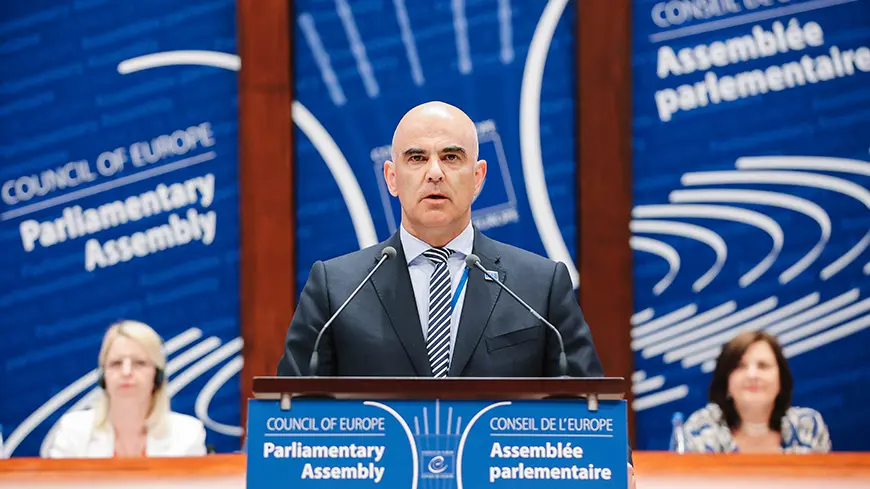On Wednesday, MEPs adopted new rules to ensure that euro money transfers arrive immediately into the bank accounts of retail customers and businesses across the EU.
Ever been annoyed that you have to wait for days for bank payments to come through? Good news: now there are faster options allowing you to transfer and receive money in the blink of an eye.
The benefits of instant payments
Instant payments allow people and businesses to pay and receive payments more conveniently and efficiently.
With instant payments, people can easily split a restaurant bill with friends and receive funds immediately.
Businesses, especially small and medium-sized companies, can exert more control over their cash flow. In addition, by using instant payments, merchants reduce their operational costs and can provide a better service, for example by offering instant refunds.
Public institutions can benefit from improved management of their cash flo just like businesses do. With instant payments, NGOs and charities can make use of contributions more quickly. Banks can use instant payments as a springboard to develop innovative financial services and strengthen their competitive position.
The situation in the EU
Only 11% of all euro credit transfers in the EU were executed within seconds at the beginning of 2022. Nearly €200 billion are locked in transit in the financial system on any given day.
At the same time, the availability of instant payments and related fees vary strongly across EU countries.
Agreement on instant payments
In October 2022, the European Commission came up with a legislative proposal to make instant payments in euros available to all people and businesses holding a bank account in the EU as well as in Iceland, Norway and Liechtenstein. In November 2023, European Parliament negotiators struck a deal with the Council on the final legislative text.
According to the agreed text:
- An instant credit transfer should be executed regardless of the day or hour and immediately processed within 10 seconds with the person making the payment getting a receipt just as quickly
- A payment service provider should immediately convert the amount of transaction into euros, if the payment is submitted from an account that is not denominated in euros
- Payment service providers should have robust and up-to-date fraud detection and take measures to prevent a transfer being sent to the wrong person
- Payment service providers must also introduce extra measures to prevent criminal activities such as money laundering or terrorist financing
- Instant payments should not cost more than traditional transactions in euros
- EU countries that don’t use the euro will also have to apply the rules, but after a longer transition period
In February 2024, Parliament approved the legislation. Once the Council approves the text, it will be ready to enter into force.
The legislation is linked to a range of other initiatives in the economic field that aim to ensure that the EU is in step with technological advancements: serving people and businesses, and protecting our financial system and economies from organised crime. These initiatives cover instant payments, payment services, crypto-assets, and anti-money laundering.






